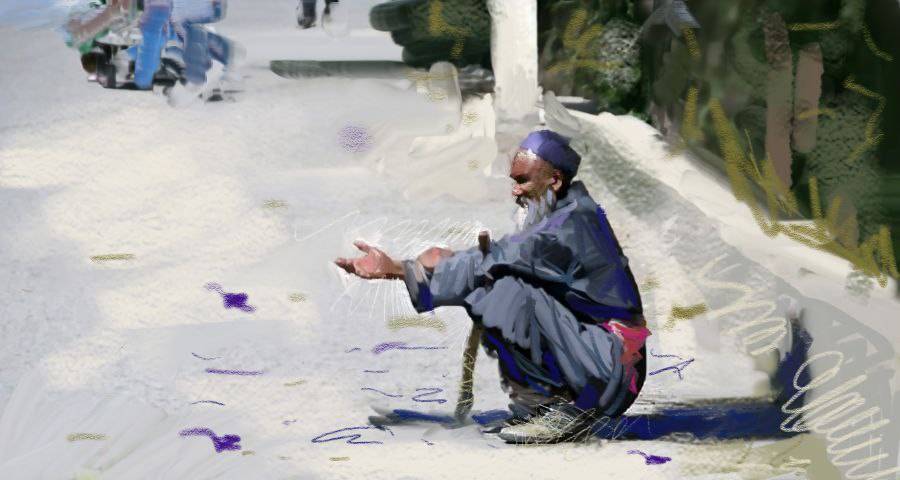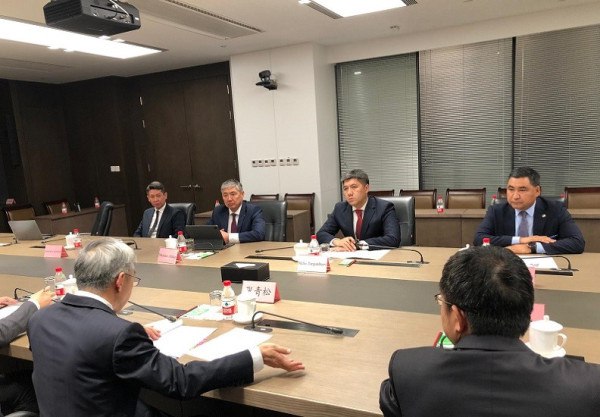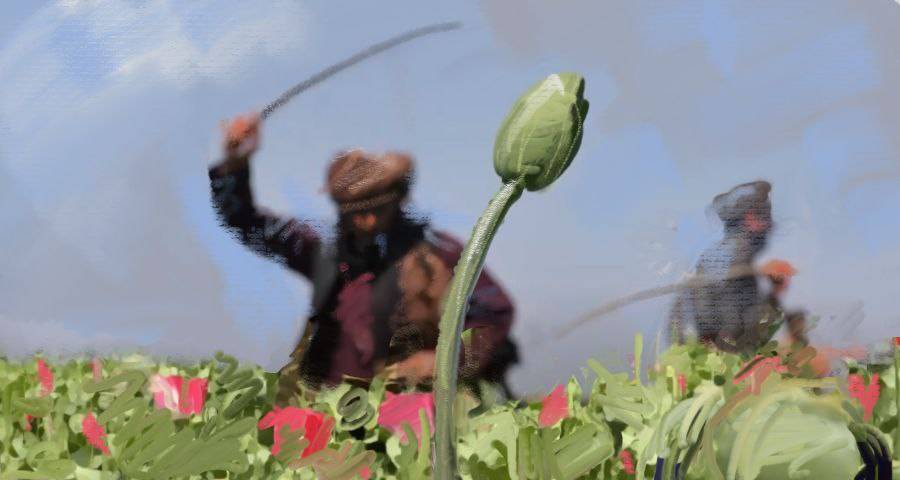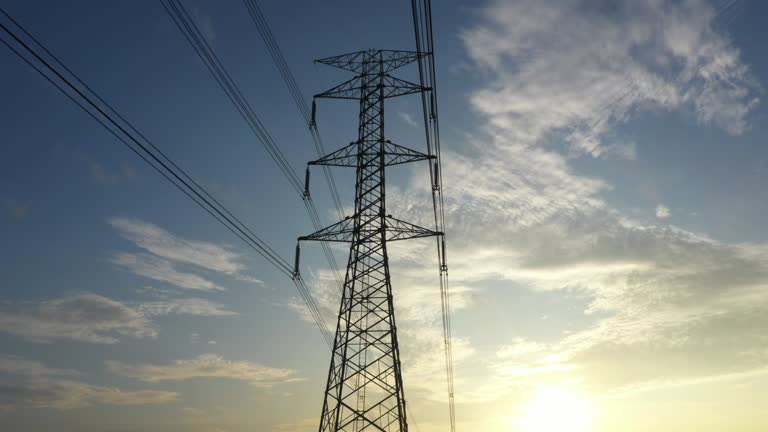Pathway to Prosperity: Uzbekistan’s Ambitious Plan to Halve Poverty by 2030
A presidential decree, "On taking measures to reduce poverty and increase the population's well-being to a new level," has been adopted in Uzbekistan. Lifting half a million people out of poverty in the remainder of 2024 and a further million in 2025 was defined as the primary task of the state's socioeconomic policy and state bodies and organizations at all levels. The “From Poverty to Prosperity” program will be implemented based on the positive results of poverty reduction from past national experiences and international practices. The program will be implemented from November 1, 2024, based on the doctrine of “Seven Opportunities and Responsibilities for Poor Families.” Within the framework of this program, systematic work is carried out to achieve stable employment and higher incomes, education and vocational training, access to the use guaranteed state medical services, social services, and an overall improvement in living conditions. The “Uzbekistan – 2030” strategy also includes steps to reduce poverty in the country. It was stated that the Ministry of Poverty Reduction and Employment in Uzbekistan will work with Chinese experts and international organizations to develop a strategy for reducing poverty from 2024 to 2030. This will aim to halve poverty by 2026, raise the income of 4.5 million people at risk of falling into poverty by 2030, and lift three million young people out of poverty by utilizing their labor skills. According to data, at the end of 2020, approximately six million people in Uzbekistan lived below the poverty line. While evaluating the results of the transformation programs aimed at solving the problems of poverty, it was noted that in 2023, the poverty rate in Uzbekistan decreased from 17% to 11%, meaning such programs have already helped lift almost two million people out of poverty. It is planned that the poverty level in Uzbekistan will be reduced to 7% in the next three years. This work to reduce poverty has been lauded at the international level. Dr. Ambar Narayan, Manager of the Global Poverty and Equality practice of the World Bank in Europe and Central Asia, for example, has recognized that large-scale work on poverty reduction has been carried out in Uzbekistan since 2020. Naravan believes that prioritizing investment in economic mobility and developing opportunities for vulnerable sections of the population, including youth, women, and inexperienced workers, will help create more productive jobs and reduce hardship. Geoffrey Ijumba, acting head of the UNICEF office in Uzbekistan, has also praised Uzbekistan’s efforts to develop a nationwide action plan to end child poverty. “Prioritizing the problem of child poverty, as well as the development of appropriate measures and programs, will allow Uzbekistan to achieve its goals of reducing poverty, as stated in the ‘Uzbekistan – 2030’ strategy. It will also help achieve the MDG (Millennium Development Goal) targets of ending child extreme poverty and halving it according to the national definition,” Ijumba stated. Global Finance published a list of the poorest countries in the world in 2024 based on the International Monetary Fund's data. Kazakhstan...






